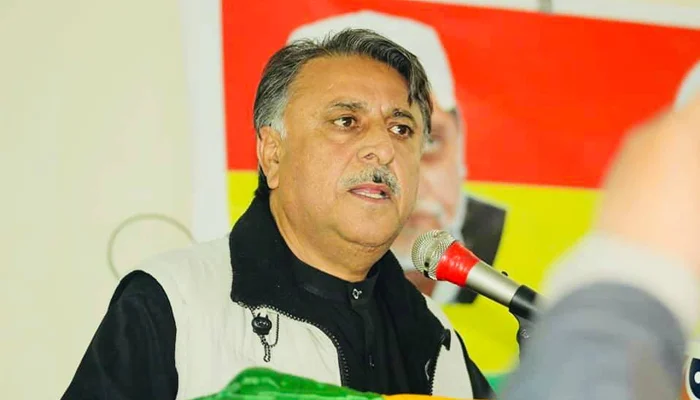Governor Balochistan Malik Abdul Wali Khan Kakar on Saturday stressed for the formation of a strong check and balance mechanism to ensure accountability, transparency and responsibility in all government institutions. He said that there was lot of ambiguity regarding the provision of justice in harassment cases, which required discussion and research.
It is the responsibility of legal experts to make laws regarding harassment so that the requirements of justice and fairness could be fulfilled, he said while addressing the participants of a seminar titled “Role of Ombudsman in Eradication of Mismanagement in Public Institutions” organized by the Forum of Pakistan Ombudsmen (FPO). The Governor said women constitute more than half of our total population, whose participation in all forums is mandatory.
Abdul Wali Kakar said that the importance and usefulness of modern technology could not be denied in the present era. therefore, the dream of good governance can not be achieved without computerization of institutions and departments, he added. He said that the capacity building of government officers and employees was also imperative to ensure a transparent and integrated system.
Federal Tax Ombudsman Dr. Asif Mahmood, Federal Ombudsman for Banking Sirajuddin Aziz, Federal Ombudsman of Azad Jammu and Kashmir Chaudhry Muhammad Naeem, Provincial Ombudsman for Balochistan Nazar Baloch and Regional Director Ghulam Sarwar Brahvi and people from different walks of life participated in the seminar. He reiterated that the importance and usefulness of modern technology could not be denied in the present era. therefore, the dream of good governance can not be achieved without computerization of institutions and departments, he added.
He said that the capacity building of government officers and employees was also imperative to ensure a transparent and integrated system. It was worth mentioned here that four key principles accountability, transparency, participation, and inclusion have in recent years become nearly universal features of the policy statements and programs of international development organizations. Yet this apparently widespread new consensus is deceptive: behind the ringing declarations lie fundamental fissures over the value and application of these concepts. Understanding and addressing these divisions is crucial to ensuring that the four principles become fully embedded in international development work.










